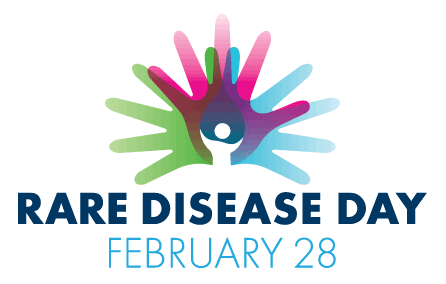
Rare Disease Day aims to raise awareness of rare conditions and how they affect individuals and their families. 1 in 20 people will develop a rare disease in their life so that's why it is important that more people become aware.
50% of rare diseases affect children.
Nola is one of those children. She has Tuberous Sclerosis Complex (TS/TSC) which looking at current figures, affects 1 in 25,000 to 1 in 11,300 people in Europe.
It is present from birth but some individuals do not learn that they have TS until they are adults. Symptoms differ from person to person as does the severity of how it affects them.
Tuberous Sclerosis causes benign tumours in different parts of the body, the most common to be affected are:
The brain, eyes, lungs, heart, kidneys and skin.
If you have them, you are born with the tumours in your brain, heart and eyes (possibly elsewhere but I'm not 100%) in other organs the tumours can develop later on. The good news about tumours in the heart is that they usually shrink as you get older. This has happened in Nola, a second ECG revealed that the rhabdomyomas on her heart had decreased in size.
At present Nola also has tumours in her left eye which fortunately don't affect her vision at the moment. She also has multiple growths in and on her brain, these unfortunately do affect her and she has epilepsy which on the whole has been controlled by medication. Unfortunately she has recently relapsed in a rare type of seizure called infantile spasms.
Some people with TS lead a next to 'normal' life whilst others are severely affected and need life long care.
TS is caused by mutations in either the TSC1 or TSC2 gene which play a part in determining cell growth. The mutations cause uncontrolled growth which results in multiple tumours in/on the body.
There are treatments for the various areas that can be affected by TS, sadly they do not always work for every patient.
So there are a few facts about Tuberous Sclerosis on Rare Disease Day 2019.